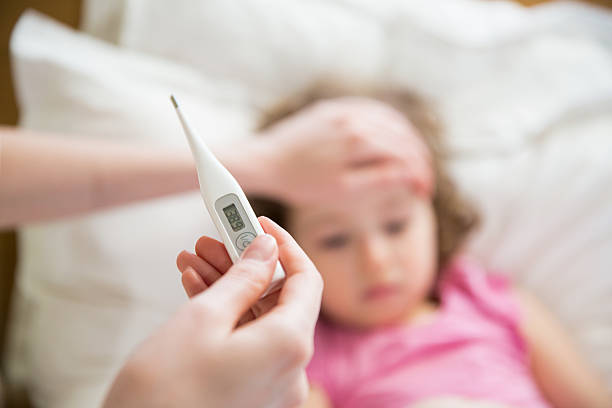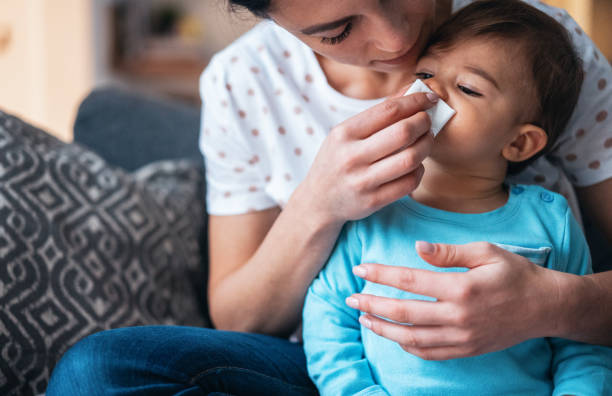Caring for a sick baby can be a challenging and stressful experience for any parent. Babies are vulnerable and often unable to express their discomfort clearly, making it crucial for parents to recognize signs of illness and respond appropriately. This guide will provide essential tips and advice on how to care for a sick baby, ensuring they receive the comfort and care they need to recover quickly.
Recognizing the Signs of Illness
Before diving into how to care for a sick baby, it’s important to identify the common signs of illness. These may include:
- Fever
- Cough
- Runny or stuffy nose
- Vomiting
- Diarrhea
- Rash
- Lethargy or irritability
- Reduced appetite
- Difficulty sleeping
If your baby exhibits any of these symptoms, it’s essential to monitor their condition closely and consult a pediatrician if you have concerns.
Essential Steps to Care for a Sick Baby
1. Maintain Hydration
Keeping your baby well-hydrated is crucial, especially if they are experiencing fever, vomiting, or diarrhea. Offer breast milk or formula frequently. For older babies, you can also offer small sips of water or an oral rehydration solution as recommended by your pediatrician.

2. Manage Fever
If your baby has a fever, dress them in lightweight clothing and keep the room at a comfortable temperature. Use a cool, damp cloth to gently wipe their forehead. Consult your pediatrician before giving any fever-reducing medication like acetaminophen or ibuprofen, as the correct dosage is crucial.

3. Ensure Rest and Comfort
Rest is vital for a sick baby’s recovery. Create a calm and comfortable environment to help your baby sleep. Use soft blankets, dim lighting, and white noise if necessary. Hold and comfort your baby often, as your presence can be very soothing.

4. Maintain Proper Hygiene
Wash your hands frequently to prevent the spread of germs. Clean your baby’s toys, pacifiers, and bottles regularly. If your baby has a runny nose, gently wipe it with a soft tissue and dispose of the tissue immediately.

5. Monitor Symptoms
Keep a close eye on your baby’s symptoms and any changes in their condition. Note down important details such as the onset of symptoms, frequency of vomiting or diarrhea, and any medications given. This information will be helpful for your pediatrician.

6. Use a Humidifier
If your baby has a stuffy nose or cough, using a cool-mist humidifier in their room can help ease congestion and soothe their airways. Ensure the humidifier is cleaned regularly to prevent mold growth.

7. Provide a Balanced Diet
If your baby is eating solids, offer easy-to-digest foods such as bananas, rice, applesauce, and toast (BRAT diet). Avoid fatty, greasy, or spicy foods. Continue to offer breast milk or formula as the primary source of nutrition.

When to Seek Medical Help
While most minor illnesses can be managed at home, certain symptoms require immediate medical attention. Contact your pediatrician or seek emergency care if your baby:

- Has a high fever (above 100.4°F for infants under 3 months, above 102°F for older babies)
- Shows signs of dehydration (dry mouth, no tears when crying, fewer wet diapers)
- Has difficulty breathing or rapid breathing
- Is unusually drowsy or unresponsive
- Has a persistent cough or wheezing
- Shows signs of a rash that does not blanch under pressure
- Experiences persistent vomiting or diarrhea
